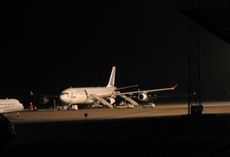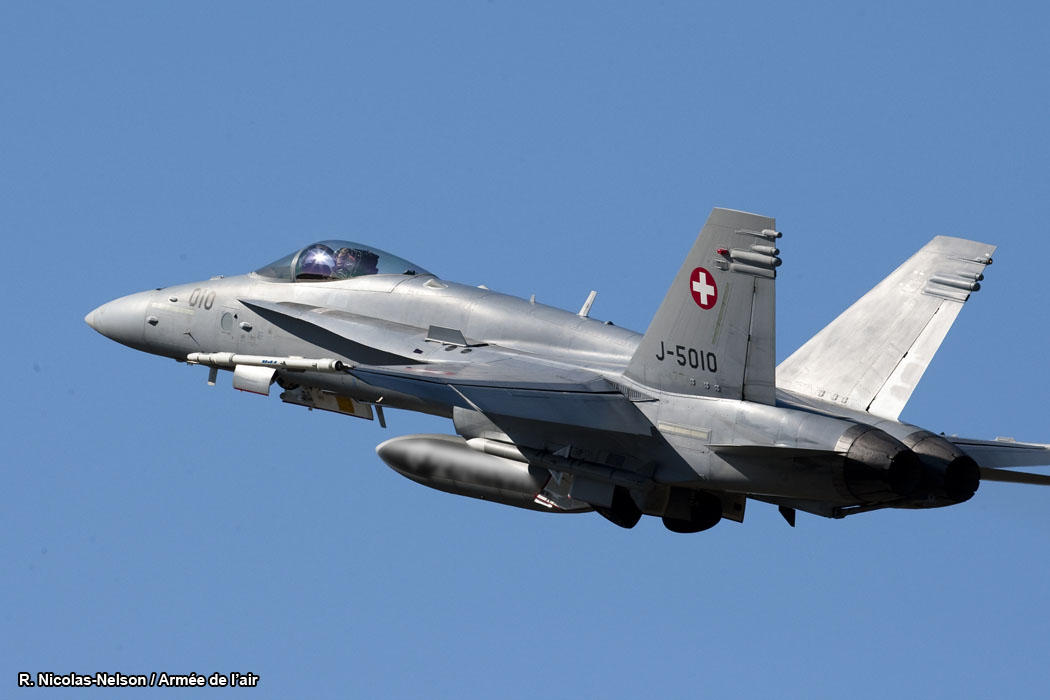Ossetia-Georgia: the evacuation of European nationals – the point
(updated August 10, 12 and 14)
(B2) The evacuation of European citizens from Georgia begins... in disorganized order. The Minister Polish of Foreign Affairs Radoslaw Sikorski announced on Saturday, August 9, the evacuation "insurance"Polish citizens from the territory of Georgia, because of the war which has broken out with Russia and which is at stake in South Ossetia. A government plane was thus sent on Sunday to Yerevan, the capital of near Armenia. It returned Monday morning to Warsaw with 95 people on board (including eight Czech citizens). Czech had, in fact, asked Poland to help it evacuate a dozen of its nationals. A second flight was organised. In all, according to a report from the Ministry of Foreign Affairs, 206 Poles were evacuated via Armenia, Polish planes also bringing back 26 Czechs, 7 Estonians and 6 Georgians.
On their side, the British advised their nationals to leave Georgia "as much as possible - by air - or across the border". Of the 160 Italian, most (about 110) have already been evacuated on Monday via neighboring Armenia. There Slovakia also chartered an Interior Ministry plane to Yerevan on Monday to bring back its citizens - a dozen had asked to return.

Most of the regular airlines (Austrian, Baltic, Turkish Azeri, etc.) have, in fact, announced the suspension of their connections to Georgia.
La France however, sent Monday, August 11 to Tbilisi, an Air Force Airbus A340, with 70 m3 of humanitarian cargo (beds, tents and blankets). He repatriated 229 people to Paris on Tuesday morning (170 French and EU nationals (Germans, Austrians, Belgians, British, Spanish) and others (Algerians, Georgians and Norwegians). A second rotation was carried out on Tuesday. total, 474 people have been repatriated to France, according to the Ministry of Foreign Affairs: 315 French, 71 Georgians, 69 EU citizens (16 Belgians, 17 Spaniards, 14 Italians, 11 Dutch, 4 Germans, 3 Austrians, 3 British and 1 Dane), and other nationalities: 1 Japanese, 1 American, 1 Belarusian, 2 Trinidadians, 1 Swiss, 2 Russians, 6 New Zealanders, 3 Mauritians, 1 Algerian, 1 Norwegian.
The A

Germans preferred to ensure the evacuation of their nationals from Armenia. In all "seven buses evacuated from Tiflis (Tbilisi) 382 people, several of whom were nationals of other EU countries" assures Berlin. The EU embassies in Yerevan and Tbilisi coordinate in effect to enable all Europeans to be taken care of (under European consular protection). Two buses, with a German pennant, with a hundred people on board, Germans and other European nationalities, thus arrived in Yerevan on Tuesday morning. Another convoy of 162 people followed overnight from Tuesday to Wednesday was also taken care of. The German Embassy in Yerevan thus provides consular protection for citizens of Austria, Denmark, Sweden and Benelux. On Wednesday morning, a Lufthansa aircraft, specially chartered, made it possible to repatriate 212 people to Munich.
Last February, the EU General Staff had studied a common military concept for the evacuation of their nationals. Even if "Member States are primarily responsible for the protection and evacuation of their citizens", it may be useful - the document indicated - to see how "in certain circumstances, they can resort to the European Union". And this "concept" detailed the material, human and legal means to be implemented. For the Georgian-Ossetian case, this concept has not really been implemented, each country defining its own evacuation policy.
(NGV)
Photo credit: French Ministry of Defense (Airbus A340 on the tarmac at
Tbilisi airport) and German Ministry of Foreign Affairs (reception in Yerevan).



Comments closed.